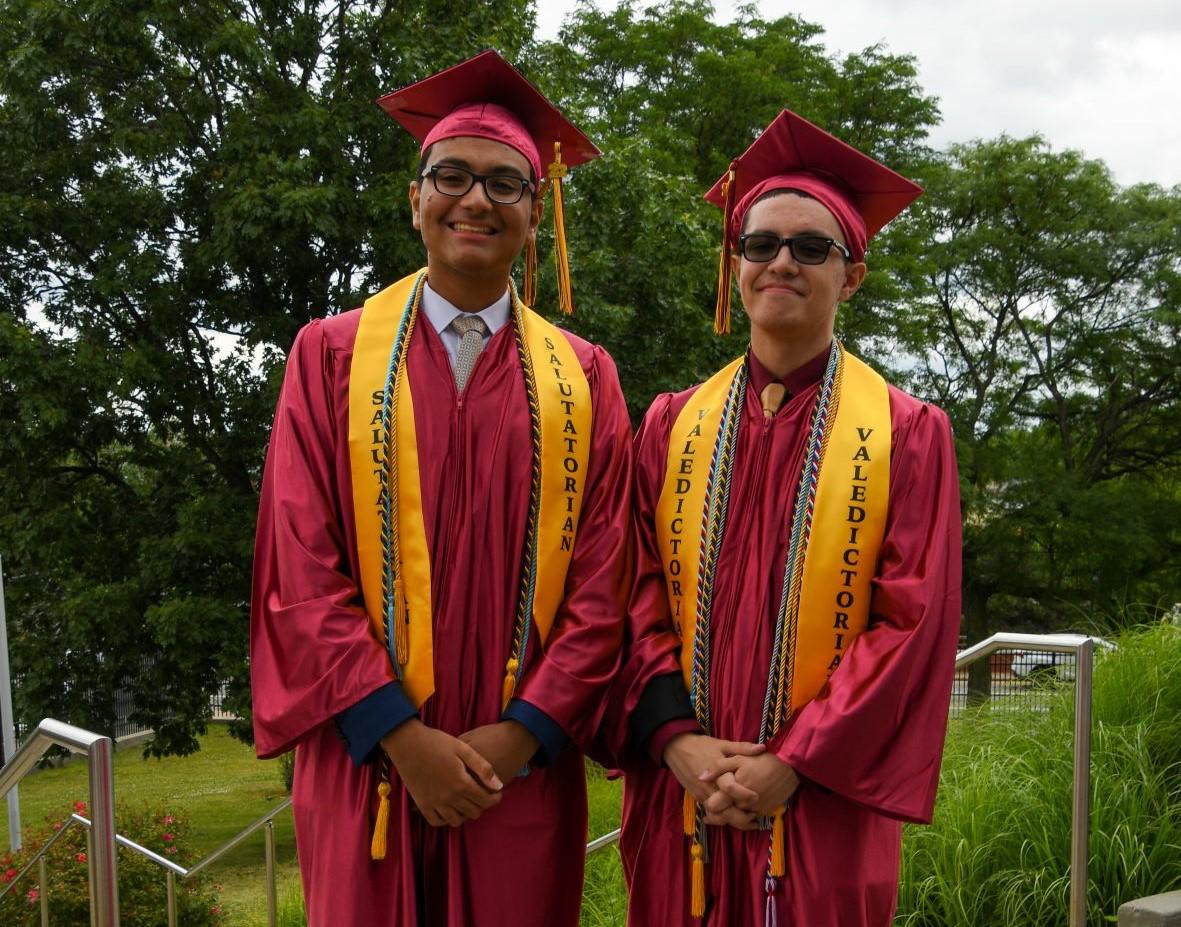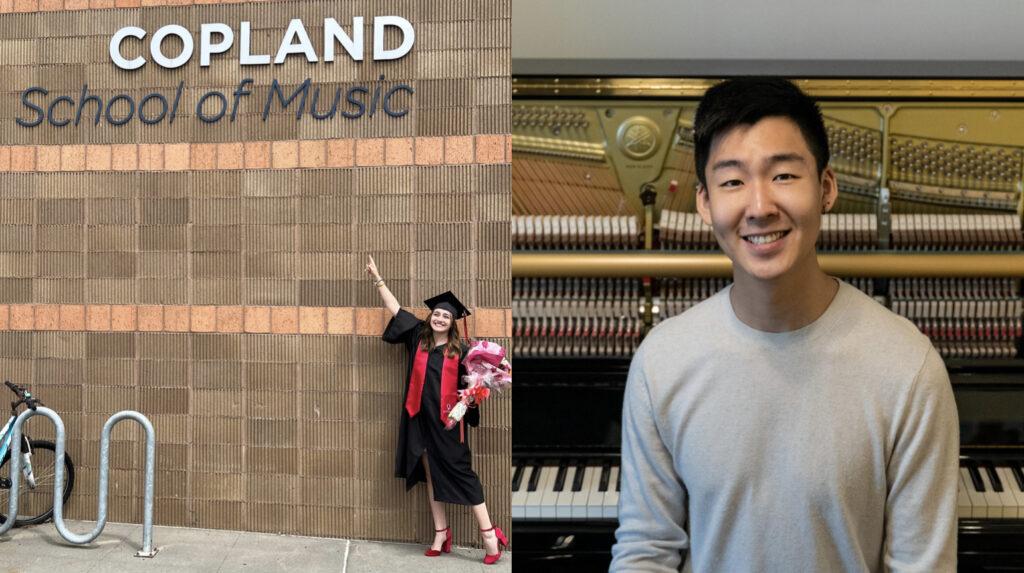
Among the benefits select students have in attending academically rigorous high schools such as Townsend Harris lies the advantage of having the opportunity to take advanced classes. For THHS students, the class that has been marked as one of the most beneficial in preparation for college is the senior Humanities Seminar Colloquium.
With this month’s coverage of the seminar’s May symposium, it seemed appropriate to go more in depth about one unique feature of the seminar: it is for many students, the first co-taught course they will encounter.
Overall, the course is known for helping students assimilate into a college work environment, but much of this may stem from the unique dual teaching structure provided by the Queens College — THHS partnership.
Of the two teachers in the seminar, one is a THHS English teacher and the other a Queens College professor. There are a number of benefits to this arrangement that both students and faculty members described.
Such a system allows for greater interaction and attention given to students. Assistant Principal of the Humanities Rafal Olechowski observed, “Normal seminars are designed to have 10 to 15 students. Anything below 5 is too few, 15 is too many. Having two teachers in the room breaks it down a little bit for our class size.”
Some students have taken notice of the more careful attention that the structure offers. Senior Fahim Nousad weighed in, saying, “Having two teachers for Humanities helps the students receive more attention and feedback. Also, when one teacher is focusing on some students, the other teacher is able to help you out. It also allows students to take advice and build on ideas from two different viewpoints thus allowing the students to expand on their thinking and writing.”
The course’s syllabus mandates that students conference with one of their instructors, and the grading is divided up between the two, ensuring that students receive different forms of feedback throughout the year.
While many find the opportunities for additional attention beneficial, some students discussed the pitfalls of co-teaching by suggesting that the structure creates potential for conflict between two teaching styles and habits.
Sometimes, students find having multiple perspectives on their work frustrating. Senior Max Lacoma explained one situation: “During my first semester, I received an F on my first essay from my college professor. I went to talk to my THHS teacher about it and she said that she would not have given me an F.”
This disparity is sometimes also seen in final grades.
Since the Humanities Seminar is both a college class and high school class, students receive separate grades for the college semester and high school semester with the former receiving a letter grade and the latter receiving a number grade.
In the first semester, for instance, the college grade is finalized in December while the high school one is calculated by the end of January.
Some students find that they receive different grades for each side of the course, a discrepancy many consider unfair.
According to English teacher Raquel Chung, the discrepancies can be attributed to the extra month of grading in conjunction with the differences in the QC and THHS grading rubrics (e.g. 83-86 is a B for QC while an 85 is a B for THHS). She further explained that she could round grades up or down based on the student’s contributions to the class if his or her grade was right between two grades (e.g. round an 83 to an 80 or 85).
Nonetheless, some students find that despite this explanation for the number dichotomy, the disparity in their grades is too great for these to be the only factors taken into account.
Senior Meharin Arzu mentioned, “In the beginning of the year, the syllabus was handed out explaining the number grade and its letter equivalent. But when I received my grade, they didn’t even closely match up. It really confused me.”
“My QC teacher and Humanities teacher don’t give the same grade. People would assume that they would give the same grade based on a rubric, but the report card grade didn’t equal the letter grade for the class,” said senior Billal Almarie.
One student received a B+ for their QC grade and a 95 on their THHS report card. A number reported similar discrepancies.
Despite issues with this aspect of the course, most still generally find the system to work well and find that there are benefits to having two teachers. “I won’t be short changing my kids, cancelling a class, or be absent because there’s another person there,” said seminar teacher Judy Biener.
Due to its unique structure, the Seminar has the ability to offer different points of views to the students in preparation for their college careers. Class of 2015 Alumnus Andy Hua mentioned, “Having two teachers is a great thing. You get all this additional knowledge and guidance that you don’t normally get in a regular classroom especially in college.”
“The immediate benefit is that you guys will have experienced a real life college professor. At least you had a professor for a whole year before going to college,” said Mr. Olechowski. “All of our students come back and tell us one thing: ‘The seminar prepared us like no other class.’”

































